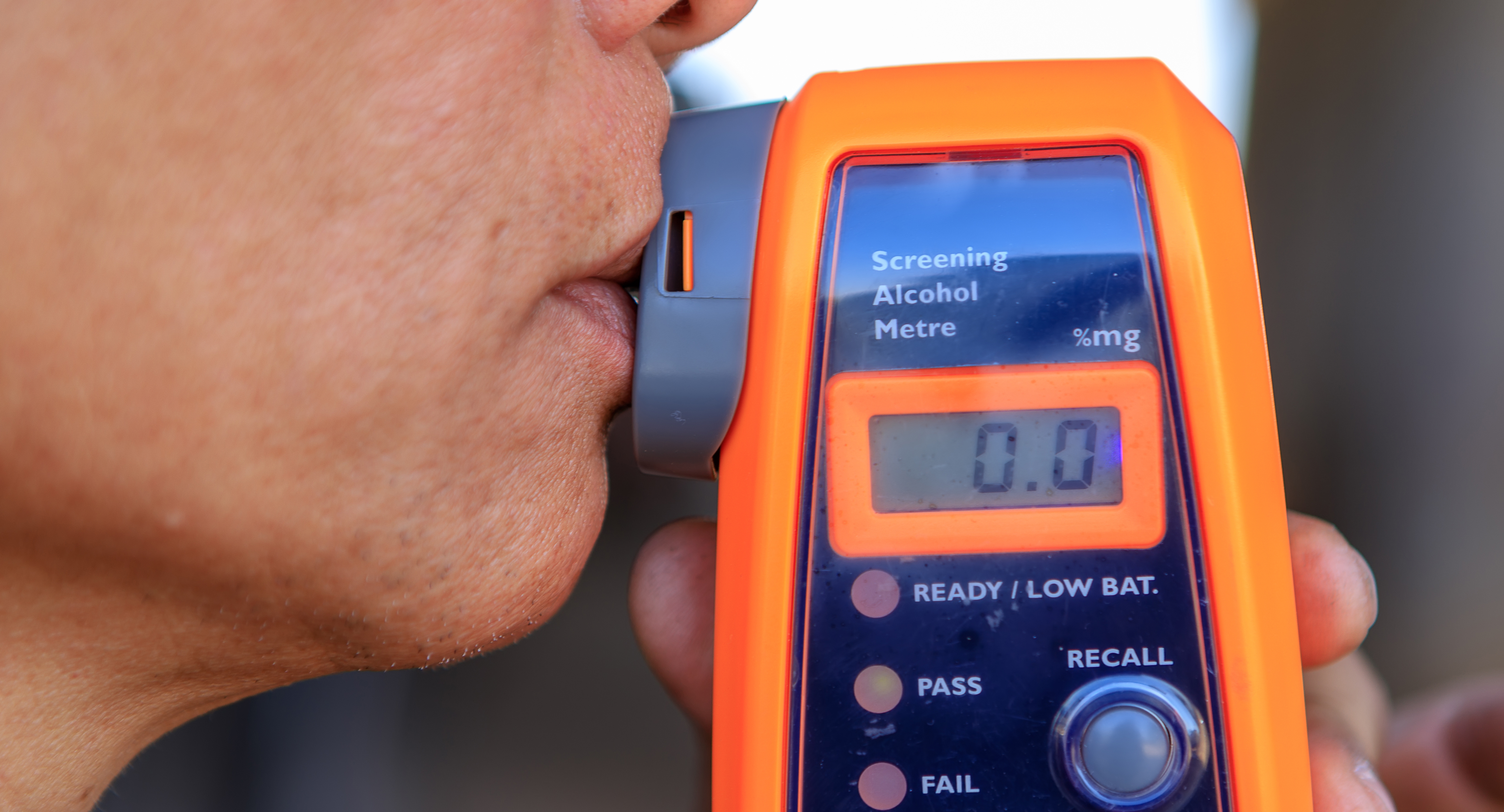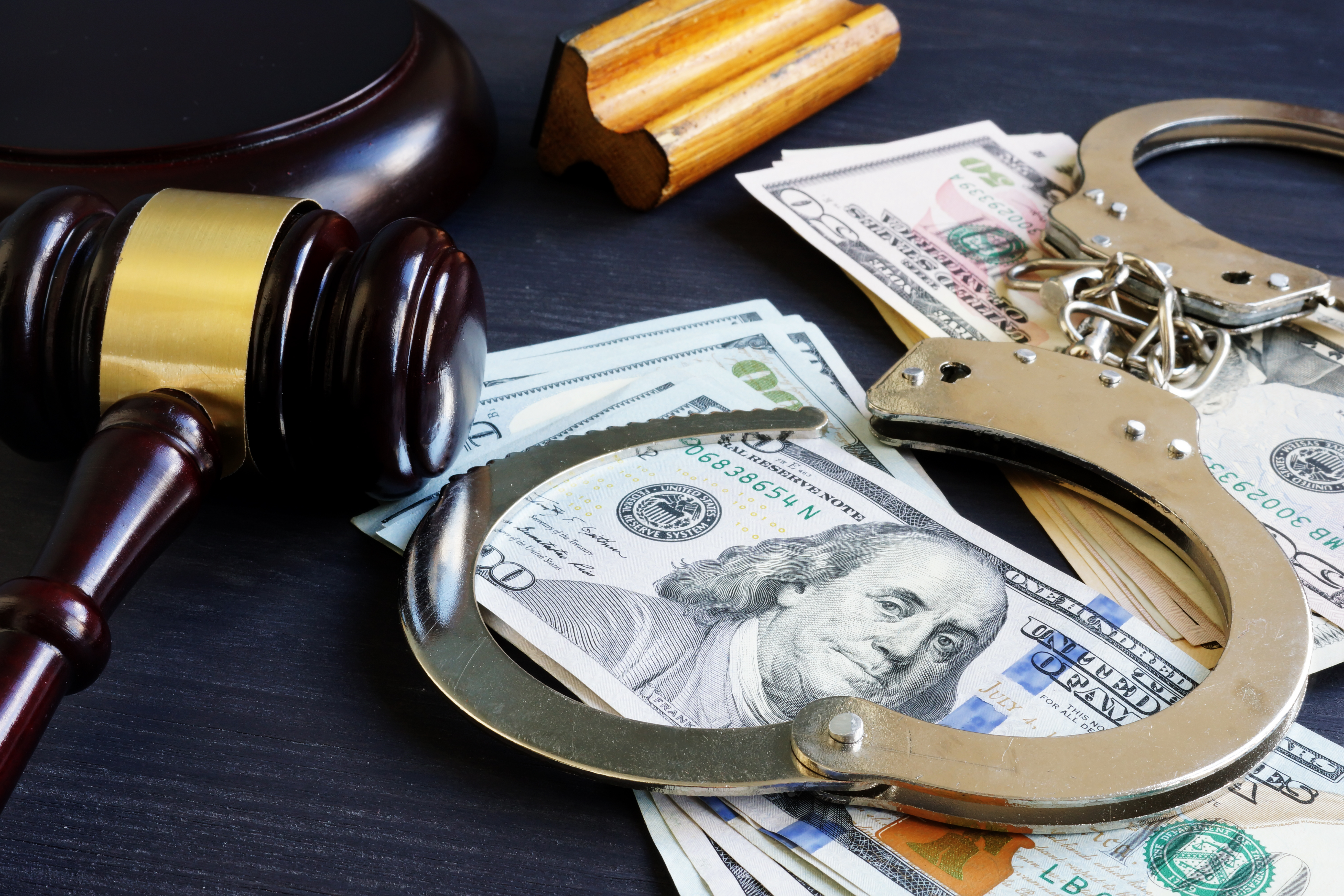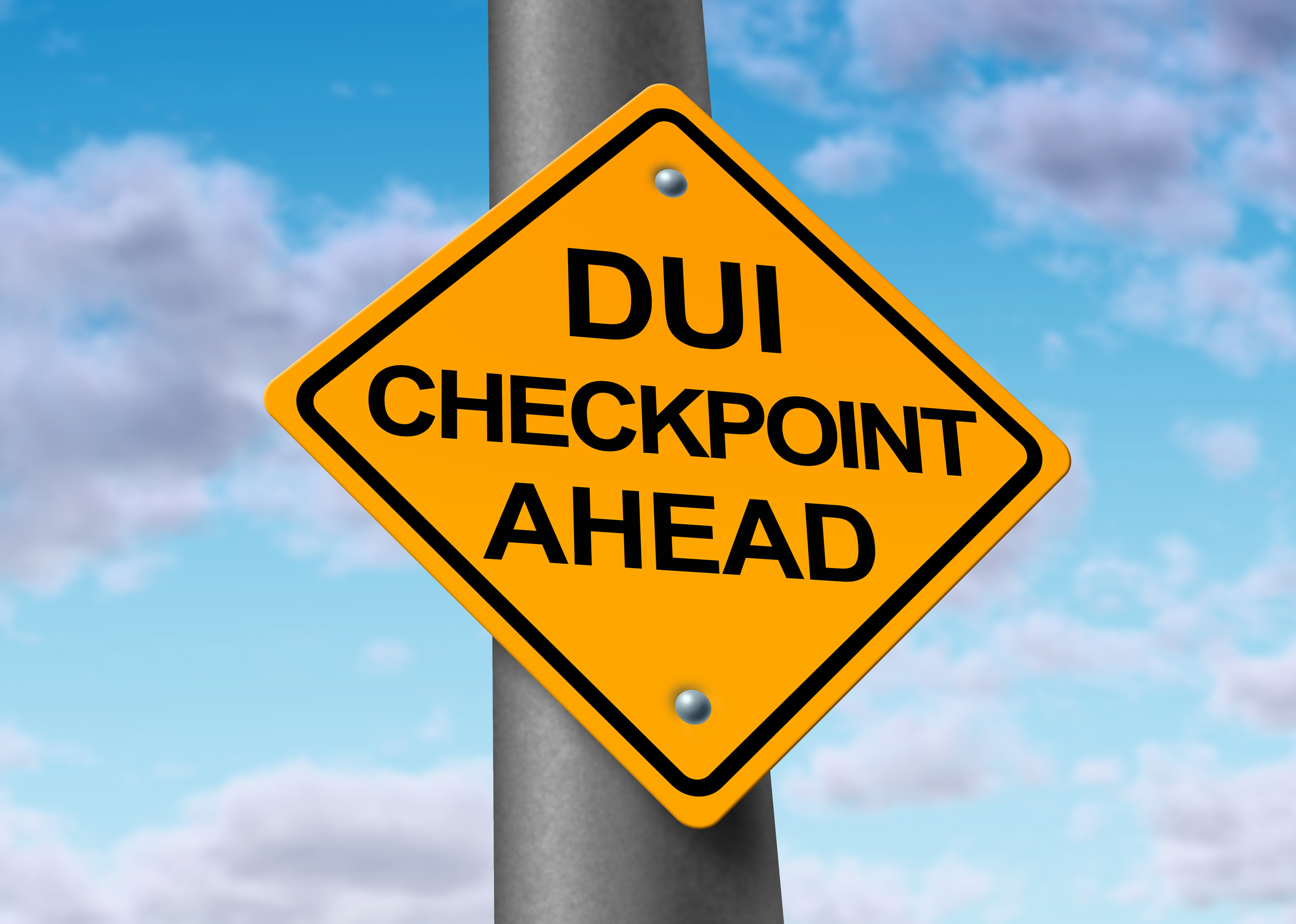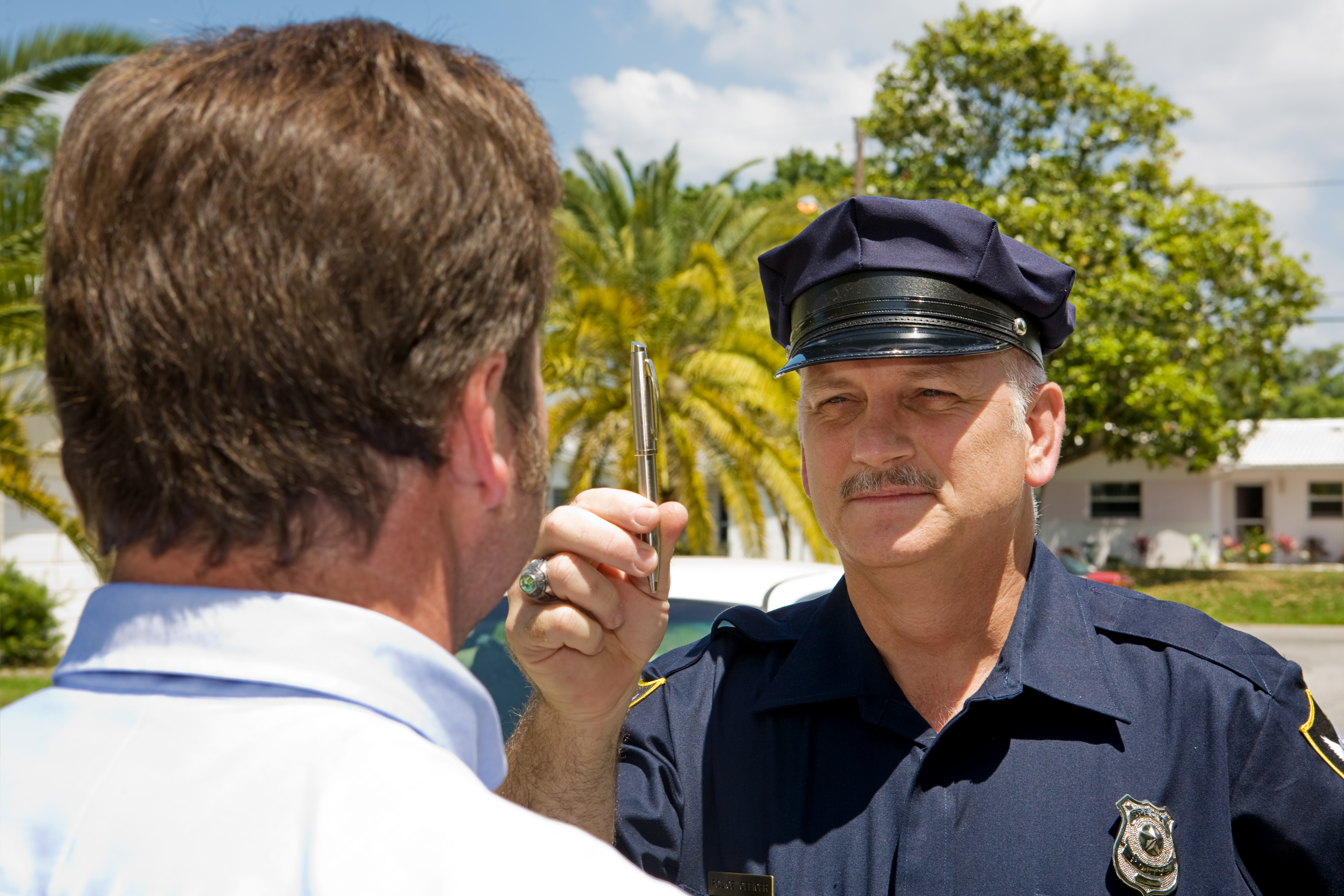- You probably won’t serve jail time for a second offense beyond the mandatory three days (which you probably already served at the time of your arrest)
- Second-time offenders may not be eligible for some of the sentencing options that are available for first-time offenders (such as deferred adjudication)
- You can still beat a second DWI, but it’s even more critical that you have an experienced DWI lawyer
The penalties for a second DWI are more severe than a first offense – and technically require a minimum of 30 days in jail – but it’s still unlikely that you’ll serve any jail time beyond the mandatory minimum of three days required for probation.
However, it’s even more vital that you have an experienced DWI attorney on your side to help you through the process.
An experienced DWI lawyer may initially sound expensive, but a conviction is even more costly. You could end up paying as much as $10,000 in fines and fees, plus other expenses, including posting bail, monthly fees for ignition interlock devices, court costs, probation supervision fees, and out-of-pocket costs for random drug testing.
Penalties for a 2nd DWI Conviction
Unless your second DWI has aggravating factors, you’ll still likely be facing a misdemeanor charge, but the penalties are potentially more harsh than for a first offense.
| Maximum penalties | Second DWI (Class A misdemeanor) |
| Jail time | Yes, this is not eligible for Texas’ “Second-Chance Law.” |
| Fines | Maximum fine of $4,000 |
| TxDOT fees | Up to $6,000 |
| Driver’s license suspension | Between 180 days and two years |
| Is ignition Interlock Device installation required? | Yes |
| Eligible for deferred adjudication? | No |
| Eligible for probation? | Yes |
| Will it remain on your criminal record? | Yes, this is not eligible for Texas’ “Second-Chance Law.” |
Some circumstances could elevate a second DWI to a felony charge:
- DWI with an open container: This remains a misdemeanor, but the presence of an open container can result in a minimum jail sentence of six days.
- DWI with a passenger under 15: This is considered a state jail felony in Texas. The maximum penalty is a fine of up to $10,000 and two years in state jail.
- Intoxication assault: This is considered a third-degree felony in Texas and can carry a fine of up to $10,000 and between 2 to 10 years in prison.
- Intoxication manslaughter: This is a second-degree felony in Texas. It can carry between 2 to 20 years in prison and a $10,000 fine, plus mandatory community service.
Does Texas’ Second-Chance Law Apply for a 2nd DWI?
Unfortunately, it does not. In 2018, Texas passed a law commonly referred to as the Second Chance Law. It provides some first-time DWI offenders with the chance to have the DWI removed from their criminal record. However, the law only applies to first-time offenders.
Beating a second DWI will be tougher than beating a first-time charge, but it isn’t impossible.
Second DWIs and Probation
The state often views a first DWI as a one-time mistake, and there are punishment options such as deferred adjudication and the “Second Chance Law” that help prevent offenders from being saddled with a lifelong criminal record. These options are typically not available for second-time offenders (though deferred adjudication is possible if we can get the charges against you reduced to a first DWI offense).
Probation is one of the most common outcomes for a second offense. It allows offenders to avoid jail time (aside from the mandatory three days) but includes strict requirements such as regular check-ins with a probation officer and random drug testing.
There also will typically be special conditions attached to probation:
- Complete drug or alcohol evaluation to determine whether substance abuse treatment is needed
- Attend DWI education classes
- Complete a Victim Impact Panel (victims of drunk drivers educate participants on consequences of intoxication manslaughter and intoxication assault)
- Commit no further crimes during the probationary period
- Maintain a steady job
- Obtain permission before changing jobs or moving
- Report to your probation officer once a month
- Complete between 80 and 200 hours of community service
- Pay all court costs, fines, and probation supervision fees
If you’re already serving probation for a separate offense when you’re charged with a second DWI, your probation may be revoked. You may end up having to finish your original sentence in jail, serve additional jail time for a probation violation, and then tack on whatever sentence you may get for the DWI.
Sentencing Statistics for Second DWIs in Texas
Here are the case outcomes for 5,002 second DWI offenses from Texas’ five largest counties in 2023:
| Guilty pleas | 3,598 | 61% |
| Dismissals | 901 | 15% |
| Acquittals | 22 | .37% |
| Deferred adjudication | 235 | 3.98% |
| Convictions | 20 | .34% |
| Motions to revoke probation granted | 196 | 3.32% |
| Motions to revoke probation denied | 194 | 3.98% |
| Other outcomes | 6 | .10% |
A total of 3,704 second-time offenders were sentenced to probation or jail in 2023 in Texas’ five largest counties. A jail sentence was more common in Harris and Travis counties.
| Probation | Percentage | Jail | Percentage | |
| Total | 1,729 | 46% | 1,974 | 54% |
| Bexar County | 397 | 23% | 120 | 6% |
| Dallas County | 151 | 8.73% | 121 | 6.12% |
| Harris County | 567 | 32.8% | 1,046 | 53% |
| Tarrant County | 481 | 27.8% | 393 | 19.9% |
| Travis County | 133 | 7.7% | 294 | 14.9% |
To be clear, these are averages, including those who hired a court-appointed attorney or who plead guilty; we rarely expect jail time for our clients charged with a misdemeanor DWI.
We Can Try to Get You the Outcome You Want
Though most clients prefer to avoid jail time, a handful prefer to spend a minimal amount of time in jail to avoid other penalties, including driver’s license suspensions, probation, or lengthy community service requirements.
One client requested jail time to avoid having his driver’s license suspended. Some offenders may be offered the option of 72 hours in jail or 100 hours of community service, but in this instance, some people prefer to serve jail time.
Some counties also offer “weekender” programs, where an offender can spend weekdays at home and attend work as scheduled but report to jail on the weekends to serve out their sentence without affecting their ability to earn a living,
We recognize that every situation is unique and will work to ensure that the charges you’re facing have minimal impact on your employment status or family life.
How to Beat a Second DWI Charge
It’s essential to fight any DWI charge. A conviction remains on your record for life and can have long-term consequences ranging from the cost of your auto insurance to whether you’re eligible for certain professional licenses.
These three steps will give you the best shot at beating the charge:
- Do NOT plead guilty
- Contact us immediately
- Ask your attorney to request an Administrative License Revocation (ALR) hearing
If this is your second offense, you’re likely already familiar with the ALR hearing process. The purpose of the ALR hearing is to determine whether your driver’s license should be administratively suspended or revoked. These hearings are separate from any criminal charges.
An ALR must be requested within 15 days of your arrest. We will help you with the request, and our experienced ALR team will represent you at the hearing. You don’t even need to attend.
While the ALR is an important way to protect your driving privileges, the process also allows us to get an idea of the evidence against you. This can help us determine the best strategy to beat your DWI or negotiate a lesser charge.
Each case is unique, so we will review all aspects of your arrest and use the following tactics to fight your case:
- Challenging your traffic stop: Did the police have reasonable suspicion to pull you over? If the stop was not justified, any evidence found during the stop could be suppressed.
- Is the evidence insufficient? If the prosecution cannot prove beyond a reasonable doubt that you were impaired, we may be able to file a motion to dismiss the case.
- Witness testimony: Are there witnesses who could testify that you were not impaired?
- Reviewing police video: Reviewing video footage of the traffic stop, field sobriety tests, and arrest may prove that the officer’s observations were incorrect or that you were not impaired.
- Improper police procedures: Did the officer fail to follow the appropriate protocols during your arrest and questioning?
- Questioning a field sobriety test: These tests set you up to fail. Poor instructions, weather conditions, and other variables could help us challenge the results.
- Physical conditions: Do you have a medical condition, injury, or disability that makes it difficult to perform field sobriety tests?
- Breathalyzer malfunctions: Breathalyzer machines are notoriously inaccurate. Even a burp can affect the results.
- Blood test errors: Contamination, improper storage, or improper handling of blood samples can affect the results.
- Medical conditions: People with health conditions such as diabetes and GERD (gastroesophageal reflux disease) will often fail breath tests. The use of certain medications can also lead to false positives.
- Were your constitutional rights violated? If you were not properly informed of your Miranda rights (the right to remain silent) before you were officially questioned, we may be able to exclude any statements or admissions.
If we can’t get your case dismissed, we can work to reduce the charges against you. Circumstances that could help us negotiate a reduction in charges for a second DWI offense include:
- Do you have a clean driving record?
- Do you have a clean criminal record, aside from your first DWI conviction?
- How much time has elapsed between your first and second DWI offense?
- Is the evidence against you weak?
- Are you willing to take responsibility for your actions by completing community service or attending an alcohol treatment program?




